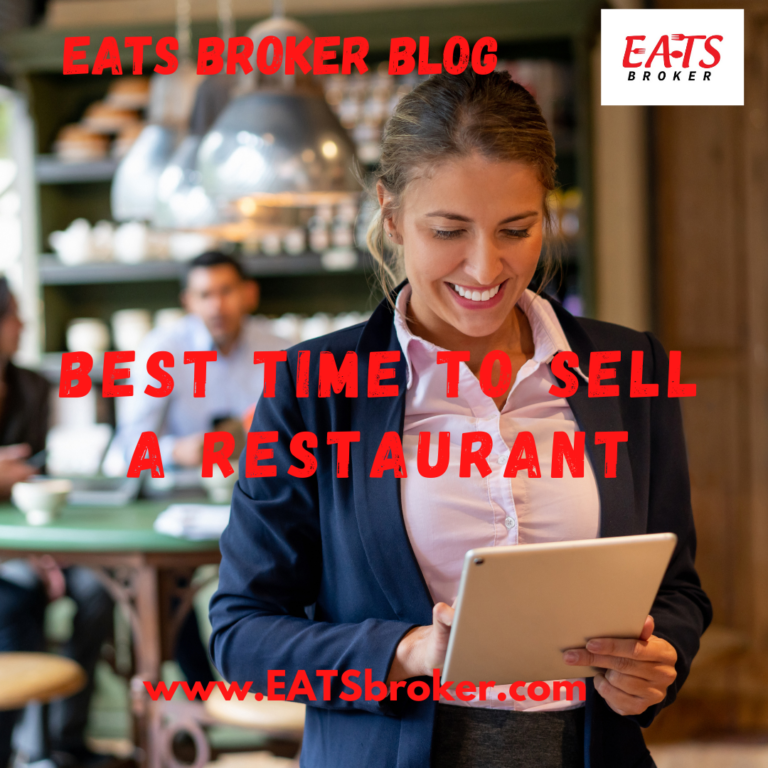
Best time to sell a restaurant
The best time to sell a restaurant is January through April. During this time, Restaurant Brokers see an increase in buyer inquiries. A new year

The best time to sell a restaurant is January through April. During this time, Restaurant Brokers see an increase in buyer inquiries. A new year
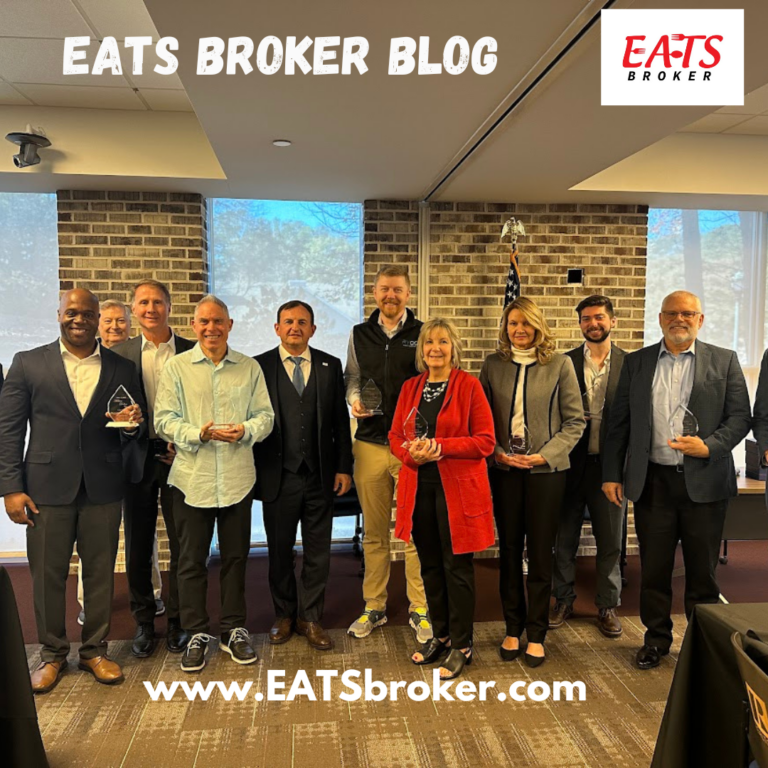
Atlanta, Georgia – December 6th, 2024 – Dominique Maddox, Founder and President of EATS Broker, has achieved a significant milestone in his career by being
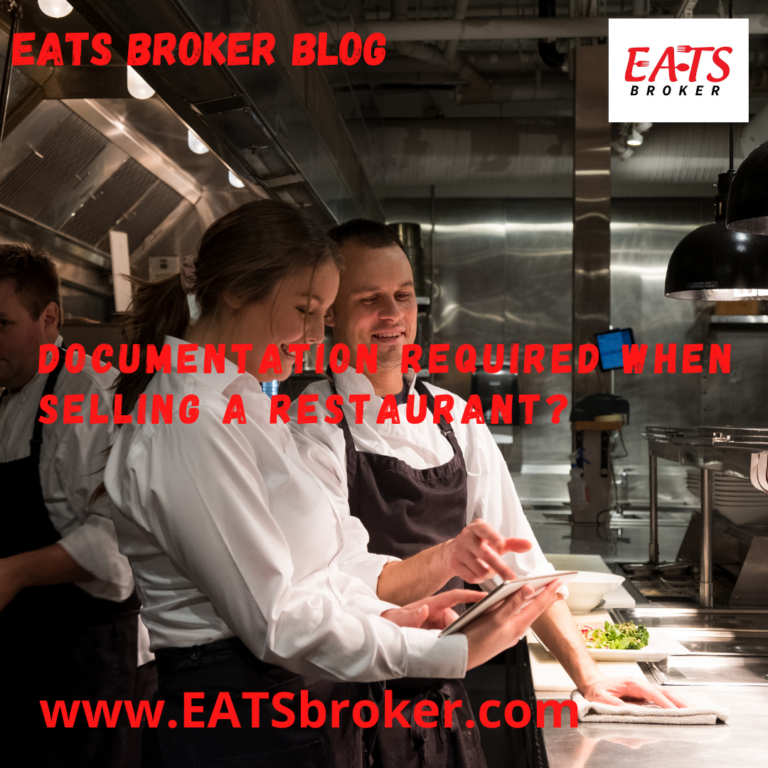
The Documentation required when selling a restaurant can depend on several factors. Once the buyer’s offer is accepted, the restaurant owner starts to think about
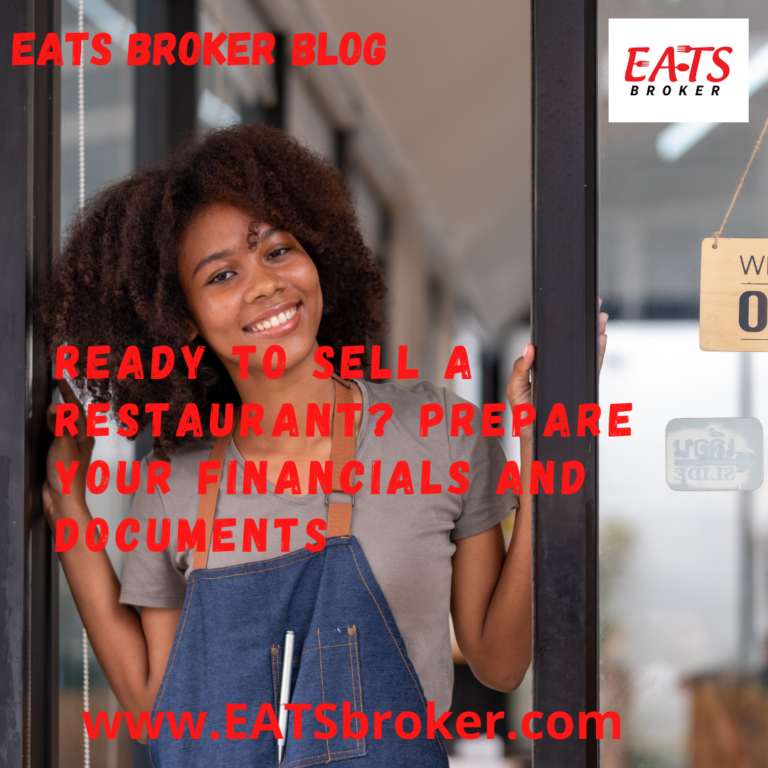
It’s the end of the year, and many restaurant owners are ready to sell. November and December are great months to prepare a restaurant to
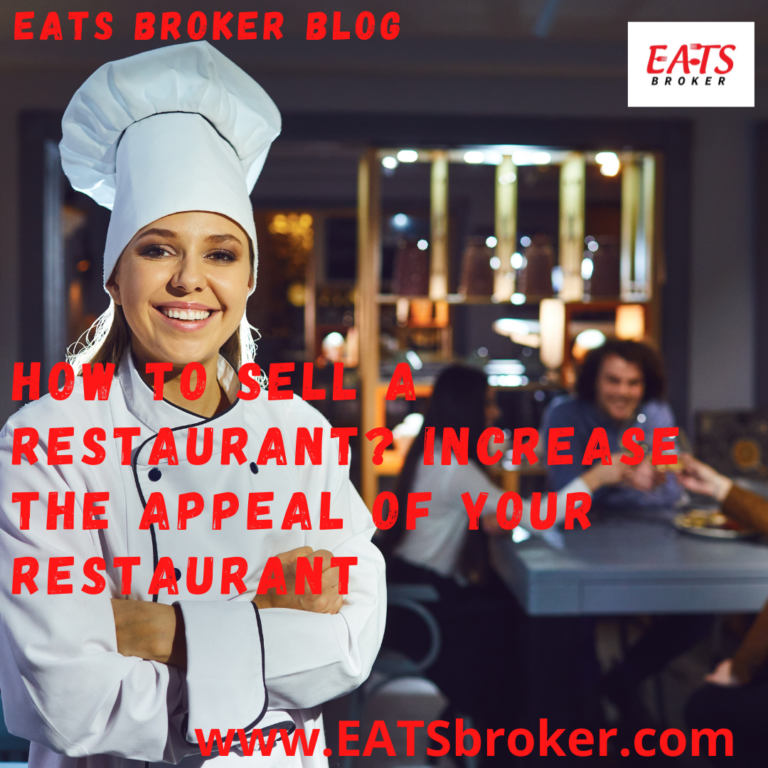
Do you want to use the cheat code to sell a restaurant? The answer is simple: Increase the appeal of your restaurant before you list
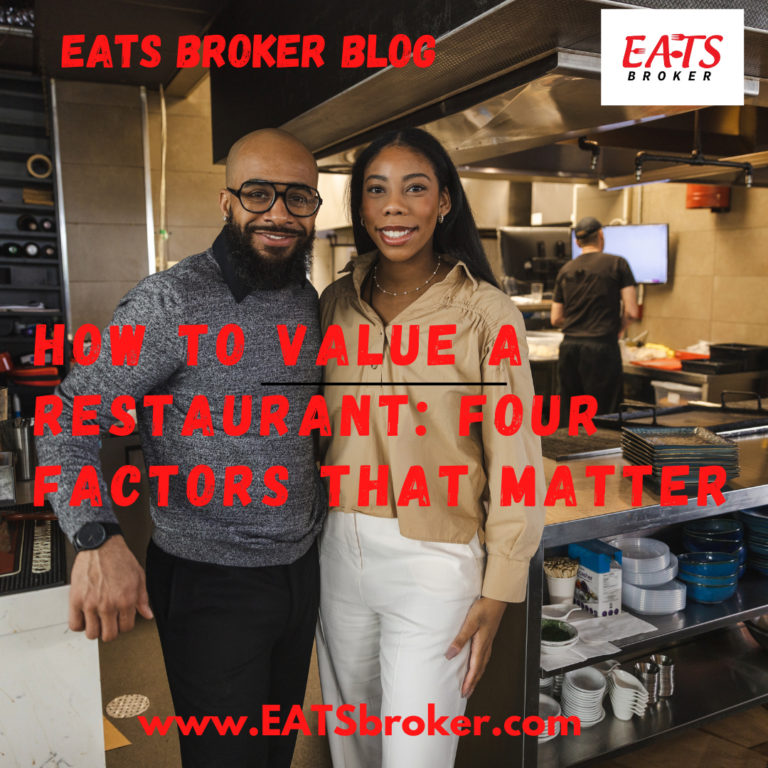
When the time comes to sell a restaurant business, most restaurant owners are often unsure about how to value their Establishment or the factors that
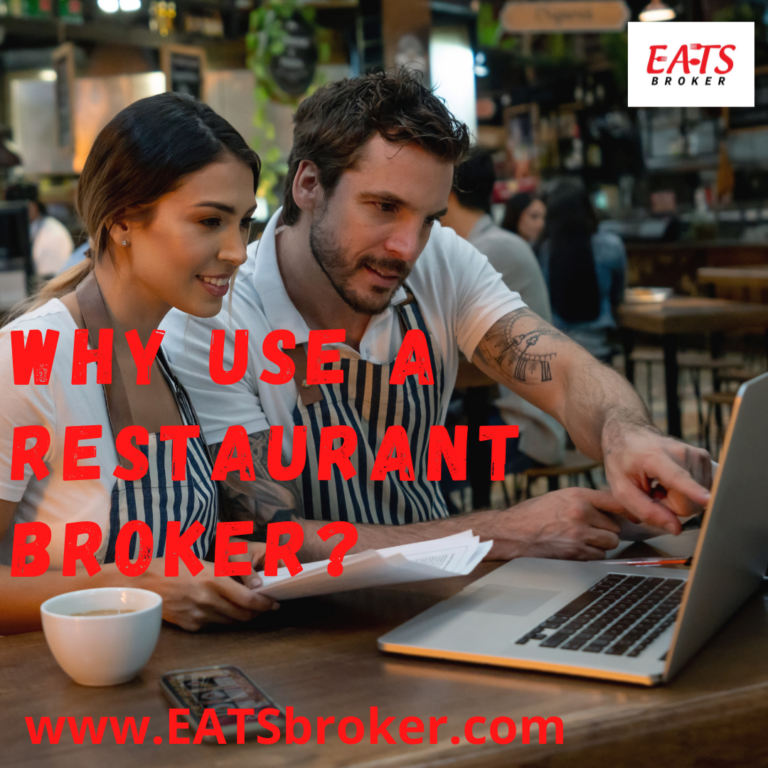
Why use a Restaurant Broker when it’s time to sell a restaurant? It’s a simple question that has a complex answer. A Restaurant Broker is
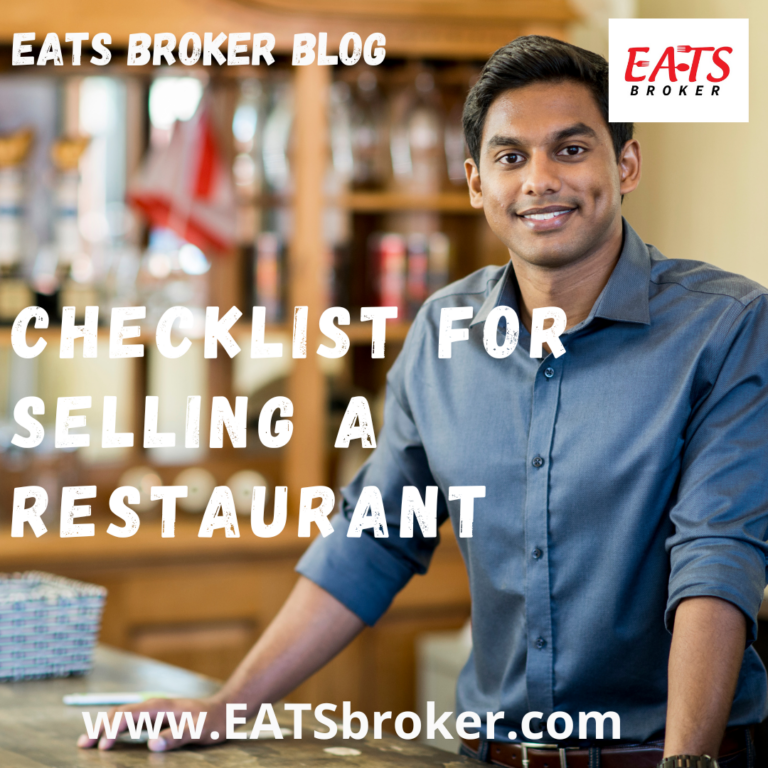
EATS Broker provides a checklist for selling a restaurant
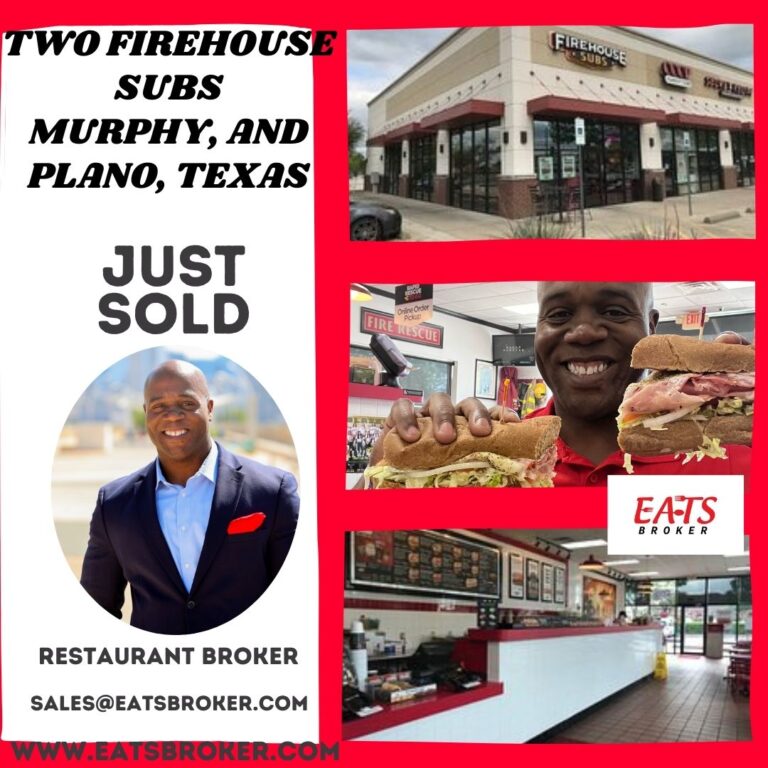
The Restaurant Broker at EATS Broker sells restaurants, bars, and nightclubs.

© Copyright 2025 EATS Broker | Consumer Protection Notice | Information About Brokerage Services